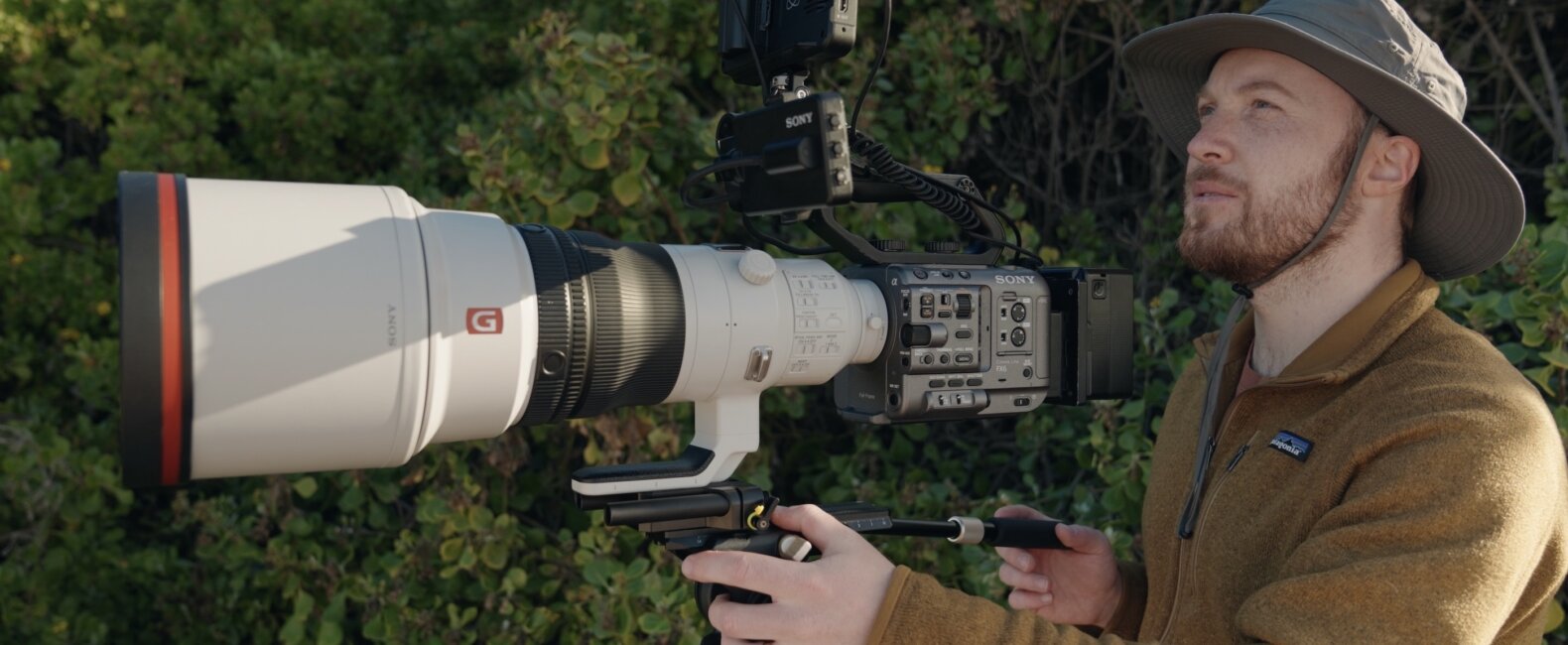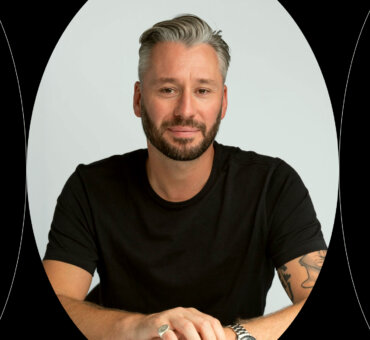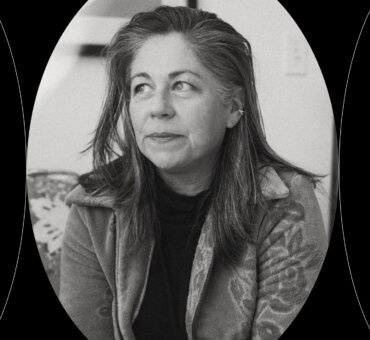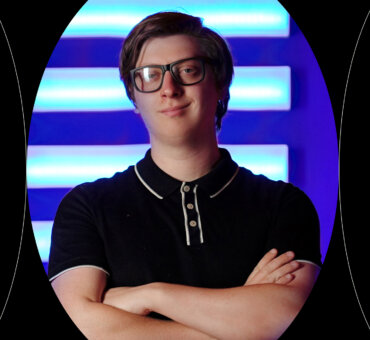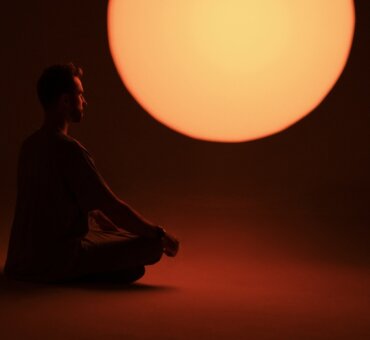South African film director Jacques Crafford blends his love for travel with his passion for cinematography. Keep reading to learn more about music’s role in his films and how he uses Musicbed to elevate his storytelling.
Musicbed: What sparked your passion for filmmaking/storytelling?
Jacques Crafford: In my final year of varsity, my friend shoved his dad’s camcorder in my hand and asked me to document our cycling trip. At first, I didn’t want to, but I simply couldn’t put it down once I started rolling. I was hooked. I was finishing a B Comm degree in Risk Management, so imagine telling my parents I would pursue something completely different. I quickly fell into the wedding industry and learned much about editing and telling stories in the most meaningful way possible. After a few years, I realized there’s a creative ceiling when documenting a live event, and I would always be at the mercy of what happens on the day. My desire to create and control the story took over, and eventually, I started going into the commercial space.
What keeps you motivated and creatively inspired?
I’d say hanging out with like-minded creatives is probably the biggest motivation, but creatively, I get massive inspiration from watching series and listening to music. If I find a good series, I’ll binge-watch it and analyze every aspect, including storytelling, angles, sound, and lighting. On the other hand, music has a way of putting visuals and ideas into my head, so I enjoy putting on my noise-canceling headphones and drifting off.
What makes a story visually appealing? What role does music play in storytelling?
I love the concept of showing without telling. Using angles and light to emphasize a feeling is key, so I’m always intentional about the lenses I use, the camera angle with the subject, and the lighting that creates the mood. If you get these two right, you’re already showing the mood without telling. Music can enhance this mood even further. A simple ambient song can immediately unlock an emotion of suspense, joy, sadness, or inspiration. Very few productions do not need music, and just as the right music can enhance the mood, the wrong music can distract the viewer.
What elements are essential for crafting a compelling story?
For starters, there has to be some form of mystery that keeps the viewer guessing and interested in what will happen next. I love the roller coaster concept of taking the viewer on highs and lows. The lows don’t have to be boring; they are just low enough so that there’s a greater appreciation for them when the high comes. Music plays a massive role in this journey, affecting how I look for songs.
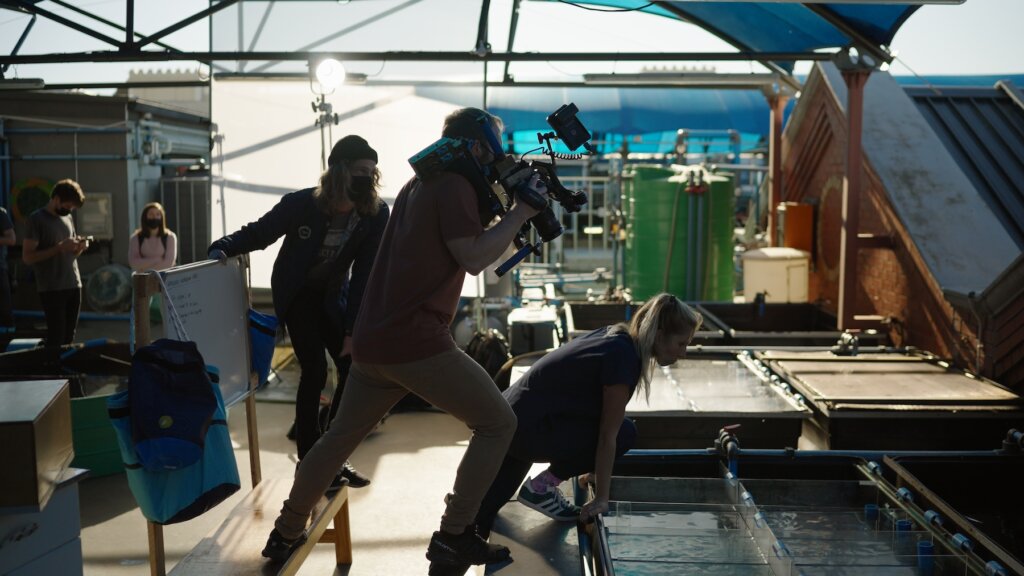
How important is music in your work?
Music is not important; it’s everything. It sounds dramatic, but music has the potential to ultimately elevate or destroy my productions. If you don’t light perfectly but have a good story, you can still get away with the good story. If you have a good story but bad music… suddenly, the story is not so good anymore because the music is such a big distraction. I use music in 95% of my films, and a common compliment I always receive is, ‘Wow, the music is spot-on!’
What advice would you give other filmmakers/creators just starting their careers?
The best thing I ever did was pursue relationships with fellow filmmakers from all skill levels. I made a point of not just doing my own thing and putting in the effort to chase after mentors but also, in turn, mentoring others. Some of the best skills I learned were from fellow creators. This means finding someone better than you and reaching out to the rookies. You never want to be the best in the room and always want to give back to someone with less experience. The reason I love making friends with beginners is that they’re so hungry to learn; they’re consuming YouTube more than anyone else, so sometimes they discover a new technique that I haven’t even heard of, and then I’m like, ‘Wow, that’s cool, I just learned something.’
How do you balance pushing boundaries creatively and delivering what your client or audience wants to see?
With my online presence, I try to put out work that reflects my creative vision because if a client is attracted by something I already enjoy doing, there’s a good chance I won’t have to compromise too much. This is one of the biggest reasons I started doing YouTube because I get a lot of opportunities working with filmmaking brands who don’t care about the creative aspect of the films but are more interested in how I can showcase myself using their gear in the creation of the projects. They know that if I do what makes me happy, I will be stoked with the project and share how I used the gear with more enthusiasm.
What is the most challenging aspect of being a filmmaker/creative?
Hands down to balance work, life, and health. For many years, I was completely consumed by my passion for filmmaking, but it also meant that my personal life suffered. When I met my wife in 2019, I quickly discovered that it was not sustainable, and I started creating boundaries, such as not working after hours or on weekends. When our baby son was born, this intensified, and I realized the only way to really win at life is to make calculated compromises on my career, and this means sometimes saying no to epic travel projects or just avoiding the need to work all hours into midnight. I’m now prioritizing stuff like exercise and spending time with my family. Sometimes, I get FOMO because I miss out on epic projects, but the joy of being a present father and husband always outweighs it, so I’m starting to win with this now.
What are some of your favorite projects?
By favorite, I don’t always mean my best project but the projects I enjoy the most. One has to be Perseverance. We did some super close proximity flying in helicopters with an open door, and the adrenaline was such a treat; I remember feeling extremely grateful then. Another project I enjoyed was Saving the Sea Turtles. The whole team was simply amazing but my favorite moment was when we filmed a fake turtle release on the open ocean and a superpod of hundreds of dolphins swam around our boat, such a vivid memory to this day!
How do you search for music on Musicbed? What tips would you give other filmmakers to search on Musicbed?
I love to listen to Musicbed when doing tasks like admin, color grading, etc. Sometimes I hear a song that sparks my interest and I favorite it. Another way that works well is to search for something in a genre I’ll use for my project and then listen to that list while I’m doing pre-production or even after the shoot while sorting out the footage. If you’re already in the project space, it’s easier to resonate with a potential song, and I usually find my song in this process, if not already before the project.
Why do you utilize Musicbed in your work?
Musicbed has the most authentic songs available. Most clients have never heard of it because the real gems are not as mainstream. It’s always given me an edge, which is why I’ve been using it for so long. I started using it in 2011 in my wedding films, and my clients never asked me to change the music; they always asked where they could find it. Throughout my entire journey, I’ve always had great feedback about my music choice!
–
Explore a curated playlist of his favorite songs to use in his films—available to license only on Musicbed.















































































